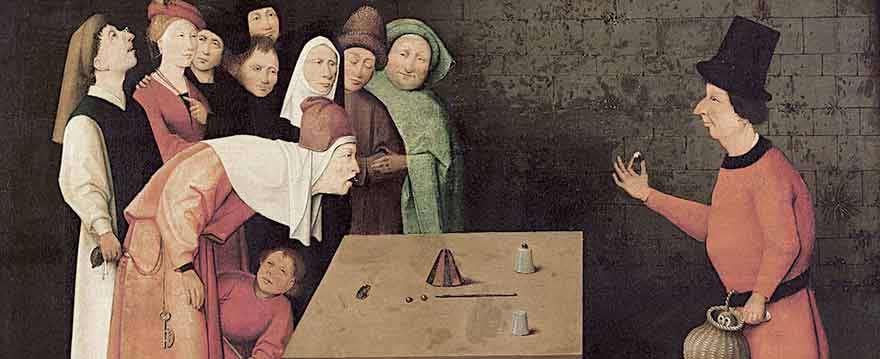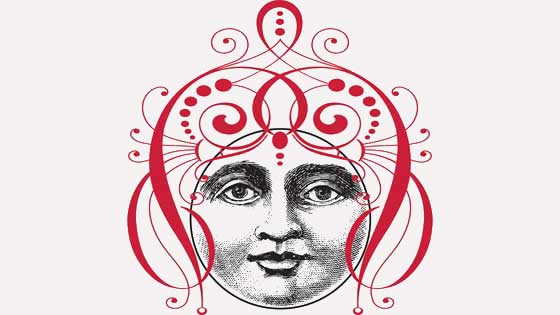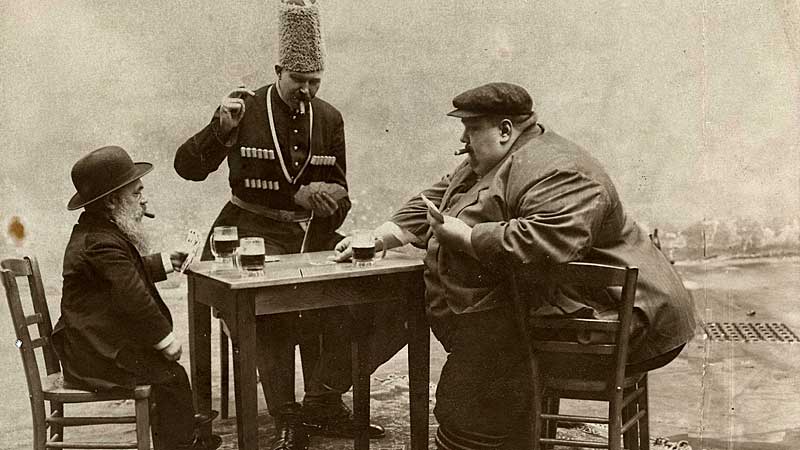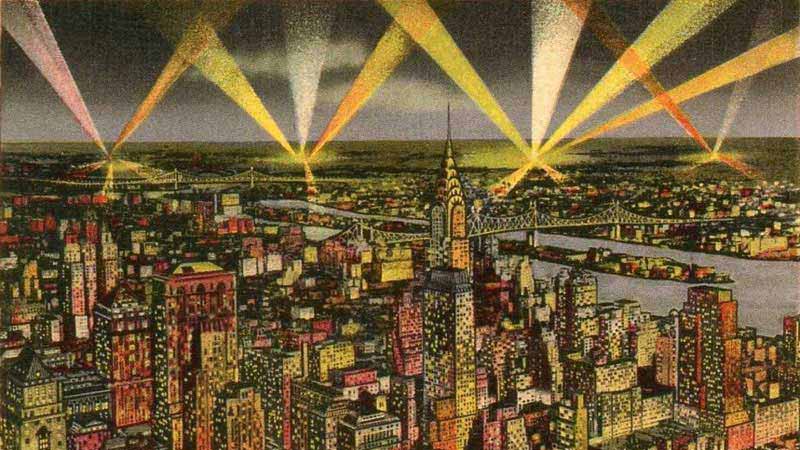
by Dr. Will Given
University of California, San Diego
Why You Need a Magic Director
If you perform magic in front of an audience – especially a paying audience – then you absolutely must have a director. In this article, I will first examine (and hopefully demystify) what a theatrical director does, and then discuss ways a director can help you take your performances to the next level. I will also give you tips on how to find the right director for your show, no matter what your budget range may be.
So, what exactly does a director do?
In the world of the theatre, a director's job is to bring a unified vision to the stage that best represents a playwright's intention with a given piece. At first glance, this may seem like a pretty straightforward task; one just simply has to look at a script and then make it come alive on the stage. It's not that easy. Let's delve into this a bit further. On any given show there are numerous artists involved who are each specialists in their respective (and very different) fields. Some of these artists include:
- Actors – those who create believable characters
- Lighting Designers – those who create the tone and mood for the piece based on what we see (and don't see) on the stage
- Sound Designers – those who create the tone and mood for the piece based on what we hear
- Scenic Designers – those charged with creating a visual world that will allow the audiences to suspend their disbelief
- Costume Designers – those who not only create a visual color palette for the show, but also help contribute to establishing the different characters
- Hair/make-up – those who also help establish the aesthetic of the show while also help the actors "find" who their characters are
- Stage Managers – those who create the tone and mood for the piece based on its pacing; Stage Managers are the lifeblood of any show and are responsible for ensuring everything runs smoothly
Each of these individuals (or teams of people) are artists. All have a very unique skillset that can work to dramatically shape any show. A director works to push and challenge all of these artists to create something extraordinary within the specific framework of the script. Something that can only exist through the collaboration of all of the various artists involved.
A director is not a dictator. A director is a leader. A director creates a collaborative space and then finds ways to push each artist to go beyond their own boundaries to bring something magical to life onstage for an audience.
Now, at this point you may be reading this and thinking it has nothing to do with magical performances or you as a magician. You may be thinking "I am not an actor," "I do not have Lighting Designers, or Stage Managers, or Sound Designers, or any of these other people you mention because that's for the theatre and I'm not doing a play." You may be thinking that none of this applies to you.
You are wrong.
The minute you step in front of somebody to show them a trick, you have created a performer/spectator dynamic. This means that the spectator (even if only on a subconscious level) is now judging every single aspect of your performance – how you are dressed, what your props look like, what story you are telling him or her about your effect and about your belief in magic – and using that information to decide how to react. A performance is not solely about wowing them with the surprise of an effect; it is about creating a memorable experience for your spectators that connects with them on a personal and emotional level.
A director is someone who can help ensure that you are doing precisely that. A director can help you create a space where your audiences come away talking about the entire experience of your performance and not simply thinking they saw some cool tricks that they will then just quickly file away in the dark recesses of their memories under a generic "magic tricks" heading.
How can a director help you achieve this?
A director – a good director – is always asking questions. Why are you saying what you are saying? Why are you gesturing the way you are? What do you believe about your act? What do you believe about your character (even if you think that your character is you)? What do you believe about magic? What are your motivations for every single one of your actions in your performance?
Just as you have spent countless hours in front of a mirror honing your skills and making sure that your angles are good and that you don't flash when doing your sleight of hand, so, too, has a director spent countless hours studying how to create a natural and believable performative space. You want someone like this questioning you.
Trust me, having a director is not easy. You will be pushed and challenged to answer questions about your act you may not think are important and questions you may never have thought to ask. But putting in that work is what is going to help elevate your performances. It is what is going to separate you from other magicians who just "do tricks" in the eyes of an audience. This is a paradigm shift – you are moving away from thinking that audiences care only about the effect itself and are easily fooled by it (they do not and are not) and toward creating a shared theatrical experience that resonates with them in some way. What do you want your audience to feel? What emotions do you want them to transition through during your act? A director can help you establish the emotional journey you want to take your spectators on.
How do you find a director?
Ask other performers; chances are, if someone has been performing for paying audiences for some time, she or he most likely has worked with a director at some point. If you have a university in your city, check to see if they have a theatre program. If that theatre program offers an MFA in Directing, reach out to those students. While grad students are generally exceptionally busy, they are also looking for theatrical challenges that are going to push them as artists, such as directing a magic performance.
But what about secrets? We convince ourselves that our art is built upon secrets. If we bring a non-magician theatre-person into our world to help with our show, won't he or she discover all of our closely guarded secrets? Guess what? No one cares. A director could care less, aside from a passing curiosity, as to how you are achieving your effect. What a director will care about is the best way to present that effect to get the desired reaction from your audience. So, don't allow your fear that your magical secrets are going to be discovered hold you back from bringing a director in. If you are worried, have the director sign an NDA.
It doesn't matter if you have a large show in a proper theatre with a full team of artists working behind the scenes or are performing your act for spectators at any other kind of venue and your production team consists of, well, you. No matter the scale of your act, a director can help. A director can help you work to make your patter natural and believable. A director can help make your movements and blocking natural and believable. A director can help you improve your interactions with your audiences. A director can help you establish and develop your character. A director can help you establish and develop the tone of your show.
Ultimately, a director can help you achieve a unified vision for your project and help you tell the story you want to tell.
Bring in a director and see where it can take you. You'll be glad you did.
Dr. Given is a writer and director. He has PhDs in Drama and in Theatre and is a member of the prestigious The Dramatists Guild. He has been involved in over twenty-five stage productions as an actor, director, or dramaturg. He has written for television, film, and the stage, and served as a screenwriting judge for the Austin Film Festival, where he has analyzed and given feedback on hundreds of scripts. He is a Magician Member of the Academy of Magical Arts and holds the rank of AIMC in The Magic Circle. Dr. Given is based in Southern California where he has taught at a university for the past ten years, helping develop the next generation of writers. He wants nothing more than to help you make your show the best it can be. You can learn more about his directorial services by writing him at The Magic Director.
A Jolly Genie?

The Magic Oracle is a FREE site but I still must pay dastardly server fees! Please, donate ANY amount... $1, $5, $10, why not $1 million?
THANK YOU for keeping magic alive... and me, a Jolly Genie!



